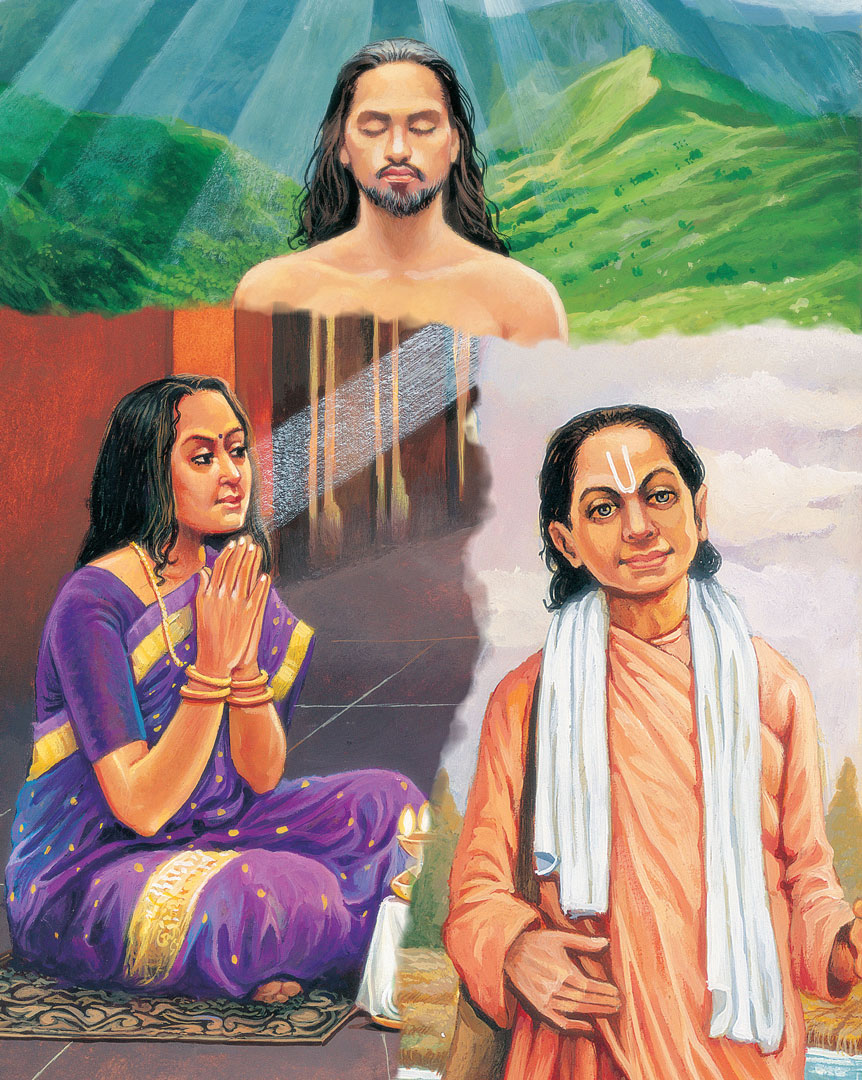

कट्वम्ललवणात्युष्णतीक्ष्णरूक्षविदाहिन: |
आहारा राजसस्येष्टा दु:खशोकामयप्रदा: || 9||
kaṭv-amla-lavaṇāty-uṣhṇa- tīkṣhṇa-rūkṣha-vidāhinaḥ
āhārā rājasasyeṣhṭā duḥkha-śhokāmaya-pradāḥ
katv-amla-lavanaty-ushna- tikshna-ruksha-vidahinah
ahara rajasasyeshta duhkha-shokamaya-pradah
BG 17.9: Foods that are too bitter, too sour, salty, very hot, pungent, dry, and full of chillies, are dear to persons in the mode of passion. Such foods produce pain, grief, and disease.

Start your day with a nugget of timeless inspiring wisdom from the Holy Bhagavad Gita delivered straight to your email!
When vegetarian foods are cooked with excessive chilies, sugar, salt, etc. they become rājasic. While describing them, the word “very” can be added to all the adjectives used. Thus, rājasic foods are very bitter, very sour, very salty, very hot, very pungent, very dry, full of chillies, etc. They produce ill-health, agitation, and despair. Persons in the mode of passion find such foods attractive, but those in the mode of goodness find them disgusting. The purpose of eating is not to relish bliss through the palate, but to keep the body healthy and strong. As the old adage states: “Eat to live; do not live to eat.” Thus, the wise partake of foods that are conducive to good health, and have a peaceable impact upon the mind i.e., sāttvic foods.